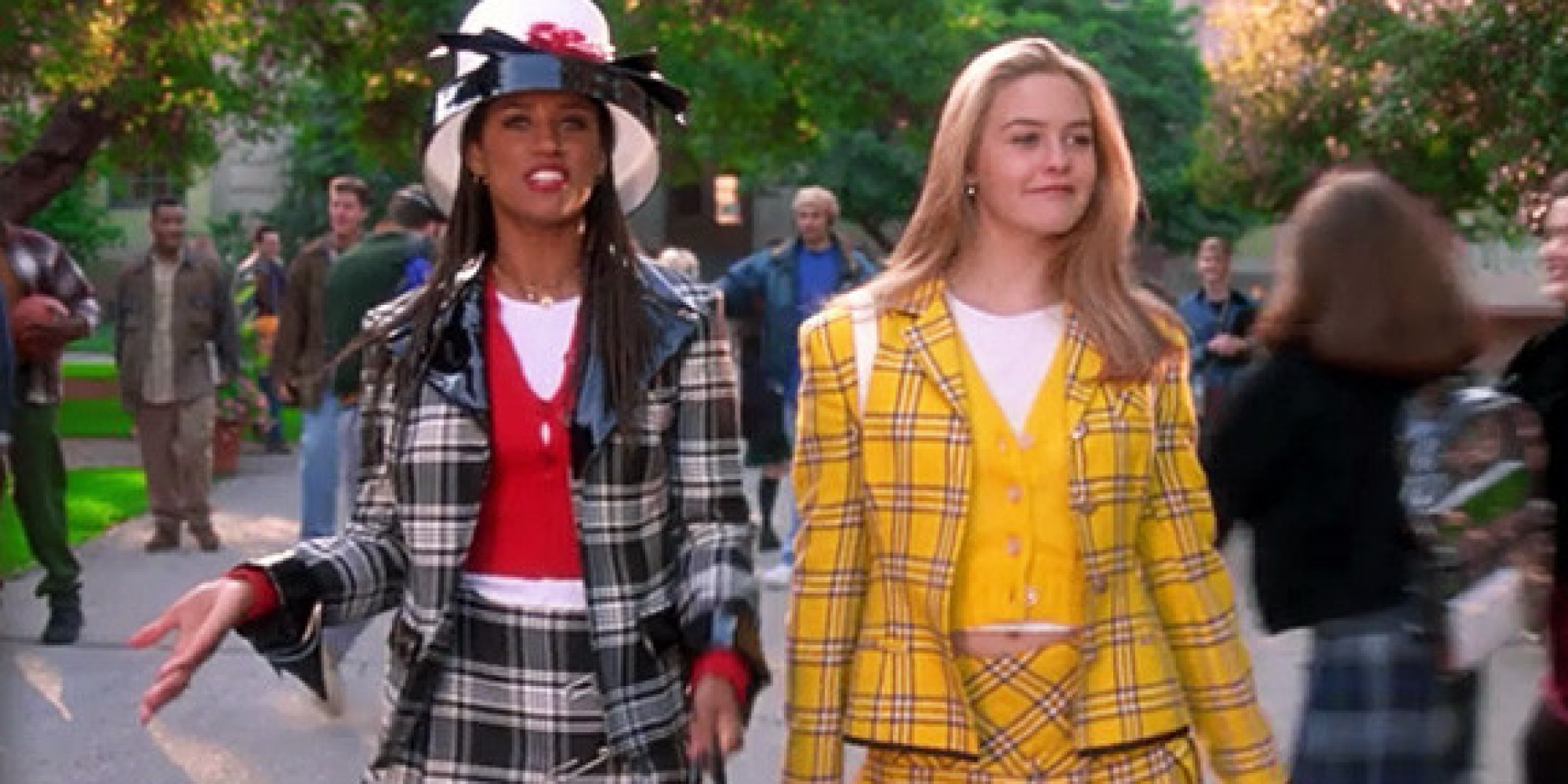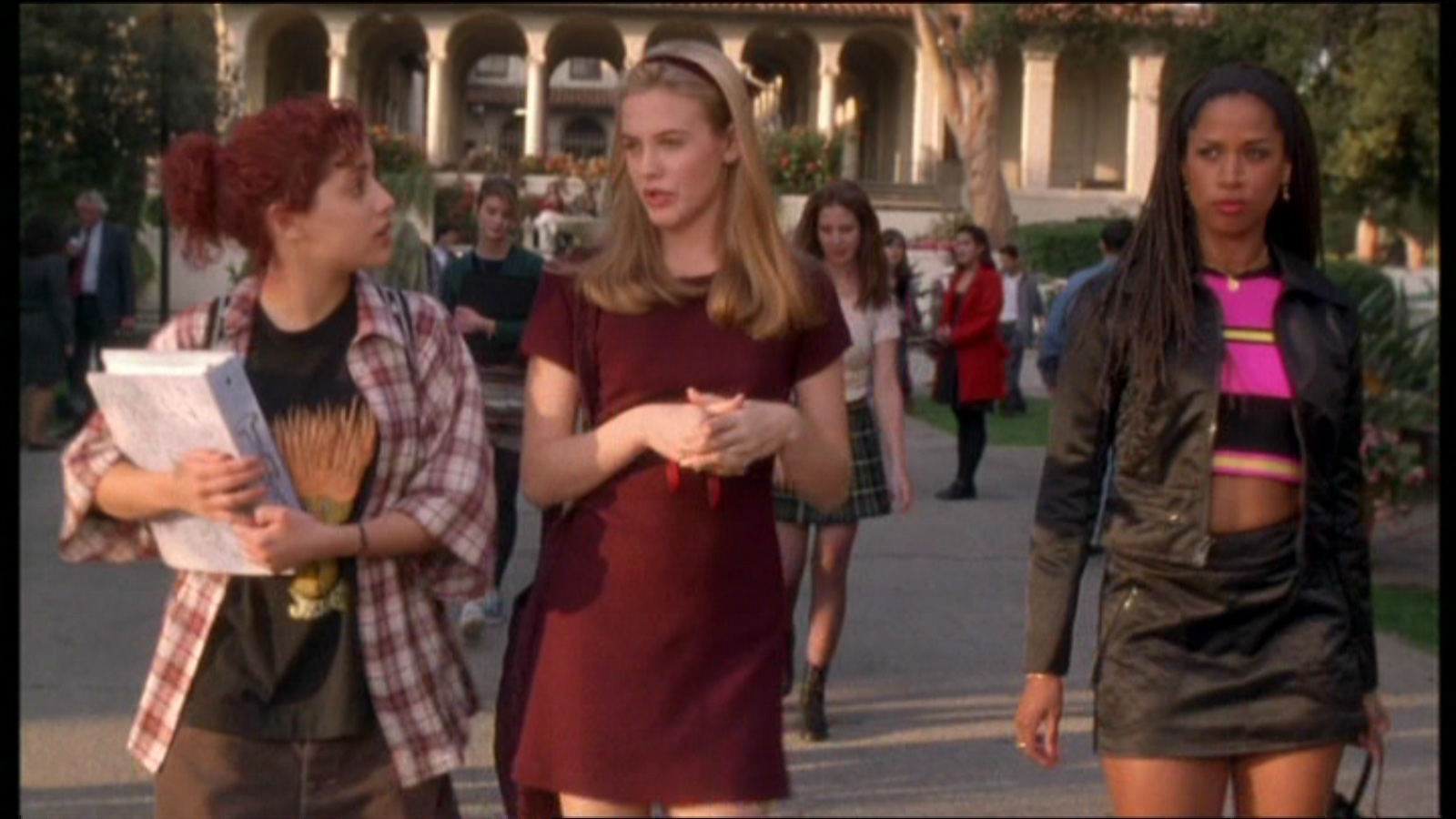
“You see, Hopsy, you don't know
very much about girls. The best ones aren't as good as you probably
think they are and the bad ones aren't as bad. Not nearly as bad.”
Preston Sturges'
The Lady Eve is one of my favourite films. This screwball
comedy follows Jean Harrington (the luminous Barbara Stanwyck) and
Charles 'Hopsy' Pike (an adorable Henry Fonda) as they fall in and
out (and in) love with each other. Jean and her father are card
sharps who decide to con the rich, naïve Charles, who has been up
the Amazon for a year studying snakes. Jean and Charles fall in love,
but he rejects her after discovering her deceptive behaviour. To
teach him a lesson, Jean comes to his house posing as the English
'Lady Eve'. He falls for her (again), but discovers on their wedding
night that Eve is not as sweet and innocent as he believes her to be.
The plot sounds
ridiculous, but I always see the plots of screwball comedies as part
of the joke; it is not meant to be taken seriously. That being said,
in The Lady Eve Sturges is being satirical on issues around
gender politics and sexual hypocrisy. Critic David Parkinson, in his
book History of Film, argues that Sturges made satires that
'ran contrary to traditional Hollywood values in exposing a range of
American foibles'(94).
Charles,
highly uneducated in regards to women, judges Jean in black-and-white
terms, imagining that because she is a con artist, she did not really
love him; that she is completely 'bad.' It is no mistake that Jean is
wearing black the night Charles first meets her, or that Eve is
decked out in white when she visits Charles' home: that is how
Charles sees her/them.
 |
| See anything you like? |

But
Jean/Eve also wears a mixture of blacks and whites as well as greys
(or what appear as grey because of the Black-and-White film); she is
far more complex than Charles realises. When Jean says that she think
she's falling in love with Charles she remarks that 'I'm
going to be exactly the way he thinks I am. The way he'd like me to
be.' She is wearing white at the time, and wears white that night
when he proposes to her. Wearing white as Eve is a nod to this desire
to be what he wants her to be, but Jean is now using Charles' ideals
against him.
Sturges, who
co-wrote the screenplay was Monckton Hoffe (great name!), litters the
film with references to Adam and Eve in the Genesis story. The
opening credits have a snake slithering around the titles who
occasionally winks at the audience. There is also an apple or two.
Charles is an ophiologist and is travelling with a snake called Emma.
One of the first things Jean does when she sees Charles get on the
boat is drop an apple on his head. At dinner Charles reads the book
Are Snakes Necessary? The most obvious is that Jean calls
herself 'Eve' when in disguise.
Charles also falls
over several times during the film, and all of those falls are
because of Jean/ Eve. Of course, all screwball comedies have some
kind of pratfall, but in The Lady Eve it is also an allusion
to the 'fall of man', which we all know was the fault of Eve!
 |
| Jean literally makes Charles fall for her. |
In Christianity
some Church Fathers interpreted the Genesis story in a rather
misogynistic light, casting Eve as the temptress who lured Adam into
his downfall. (I've read Genesis, it doesn't actually make any
suggestions that way): man's fall is the fault of woman. It is
related to the angel/whore dichotomy that still pervades modern
thinking. Sturges and Hoffe use the Genesis story to comically point
out the flaws of this approach to male/female relationships. Jean, as
Eve, sets out to prove to Charles that most women are a mixture of
'good' and 'bad' (what ever that means); and attempts to read
paradigms onto people often ends in disaster.
Of course, Jean is
not really being altruistic: in the end, all she wants is for Charles
to love her for who she is.
In my opinion, the
best romantic comedies say something insightful about romantic
relationships in a humorous way, usually looking at the power plays
between genders. This is what makes The Lady Eve so great.
That, and Stanwyck and Fonda.
What other rom-coms
do something similar?

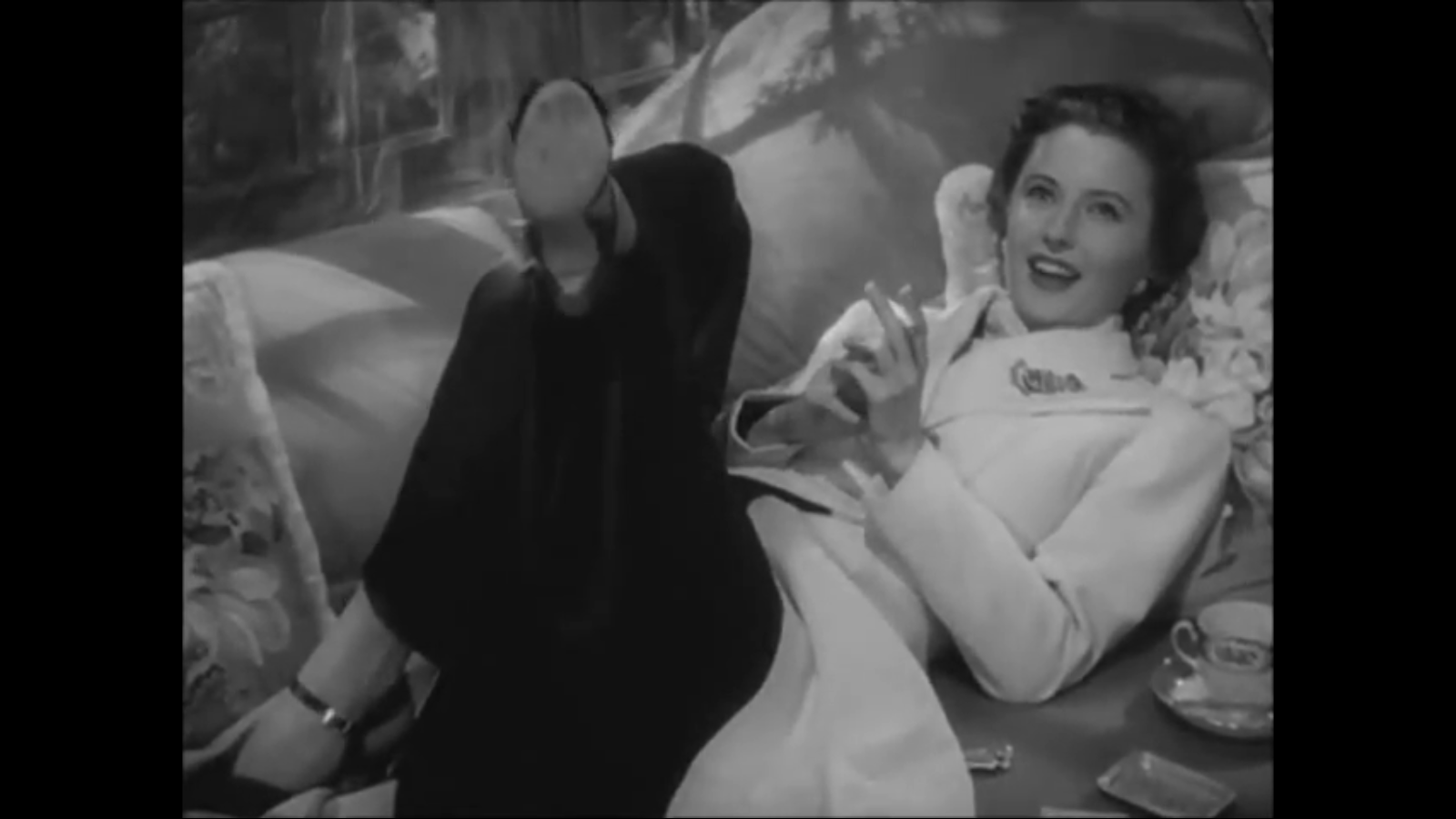






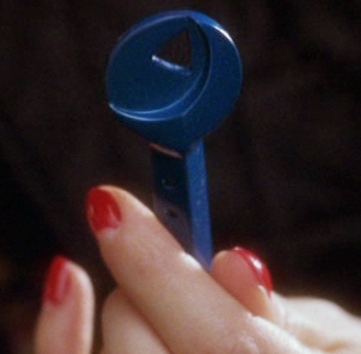

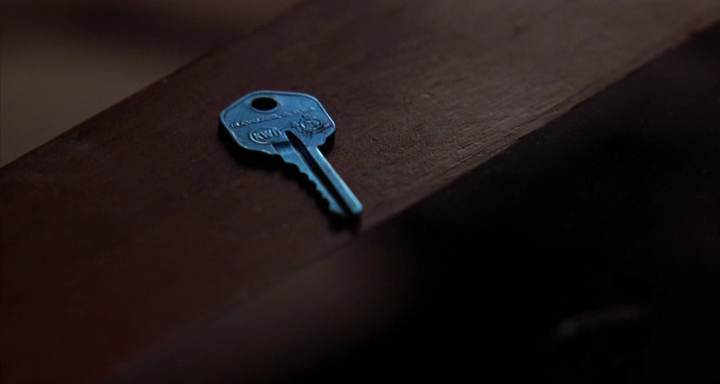

![[clueless-poster.jpeg]](https://blogger.googleusercontent.com/img/b/R29vZ2xl/AVvXsEi8SwQp2xIKPR9a3aBjZOpIWoDY_JXvuXcHgs7a5aURq1JWJl27VOj83IG4G2OEFk32NJ1H_JvfIWQpGr1oRdV82y6xsyMmBcBDnKd5VceGCRwuCqzDkN3Yq7ftbudoPipz4Vj1DrhT7g/s320/clueless-poster.jpeg)



